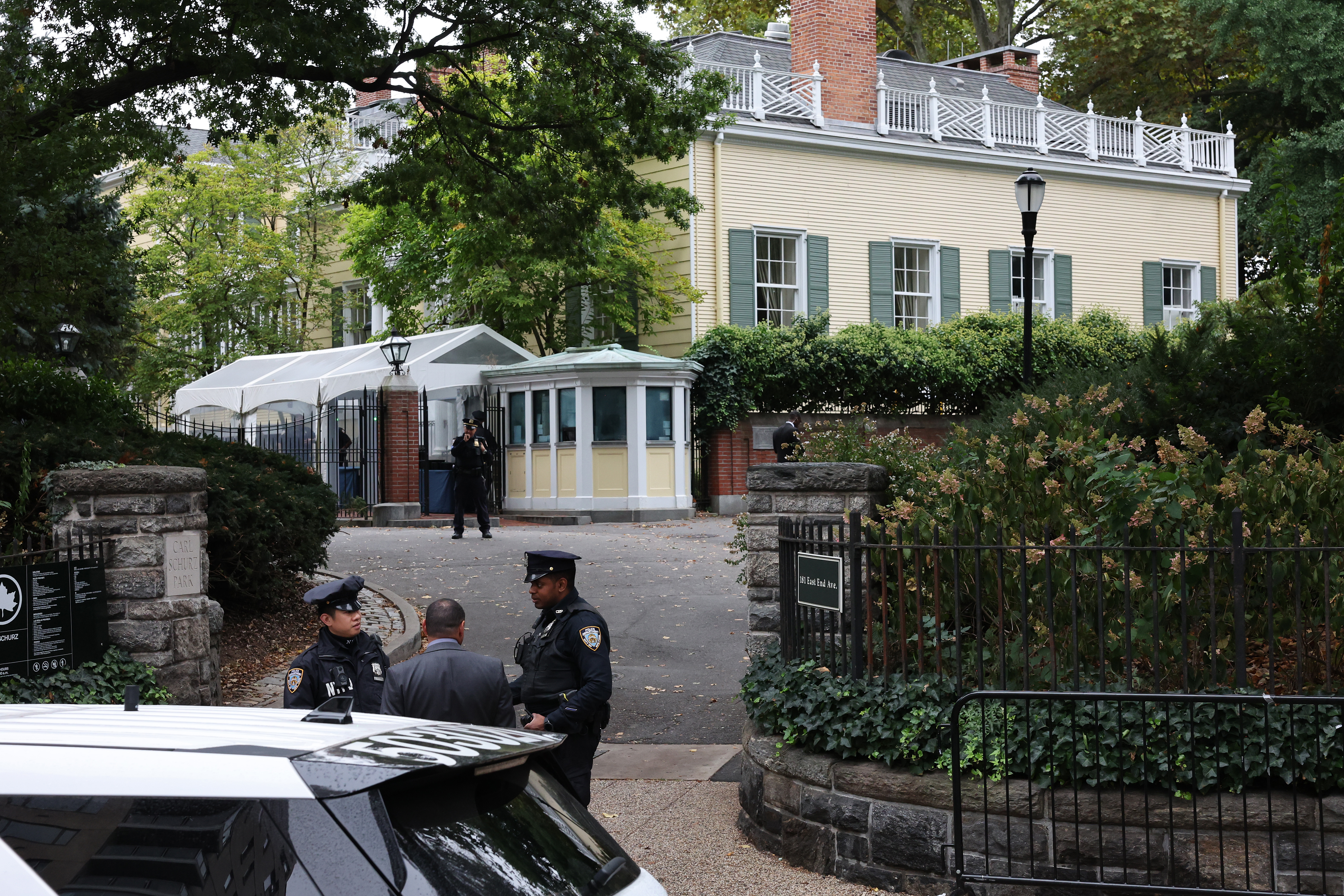What to Know
- New York state officials proposed rule changes that will cap solitary confinement time to 30 days by 2022
- New York's prisons agency says the changes will come with a $69 million cost in fiscal year 2020
- The proposed timeline has raised objections from advocates who say the implementation should come sooner
New York state officials on Wednesday proposed a three-year timeline to phase in new rules aimed at curtailing the amount of time prisoners can be put in solitary confinement.
The proposed rule changes show that officials plan to cap solitary confinement time to 30 days by 2022. New York's prisons agency says the changes will come with a $69 million cost in fiscal year 2020.
In June, Gov. Andrew Cuomo, Senate Majority Leader Andrea Stewart-Cousins and Assembly Speaker Carl Heastie announced a plan to restrict the use of solitary confinement through administrative changes. That plan included the 30-day cap and prohibitions on putting pregnant women and adolescents into isolation.
The agreement came despite lawmakers failing to pass legislation that would have banned putting a prisoner in isolation for more than 15 consecutive days.
The proposed timeline has raised objections from advocates who say the implementation should come sooner.
"Three years is too long," said Jack Davis, with the #HALTsolitary Campaign, which pushed for the legislative measure.
Local
Roger Clark said he spent years in solitary confinement and equated the prison isolation to torture.
"Human beings deserve human contact," he said, calling the three-year timeframe to phase in new rules too long.
New York's prisons agency, the Department of Corrections and Community Supervision, issued a statement Thursday saying the regulations' goals will require program development and facility infrastructure changes, along with extra training and staffing.
The #HALTsolitary Campaign issued a statement saying the proposed regulations "leave many vulnerable New Yorkers behind."
Earlier this year, Cuomo voiced concerns over the legislative measure and said it would require the construction of new facilities and cost jails about $1 billion statewide.
Legislation backers argued it would not have required any new jails.
The regulations proposed Wednesday also outline information on "step-down" units, a housing unit that will be used to transition prisoners to general population who have served long-term stints in segregated confinement.
In these "step-down" units, prisoners will be given at least five hours of recreation, activities or programming during four days a week, according to the proposed rules.
The state's prisons agency said a housing block at the Southport Correctional Facility in Chemung County will be used as 252-bed "step-down" program.
The agency said there will be "behavioral modification programming" to prisoners as they prepare to enter back into general population.
Rules put forward Wednesday are also aimed at restricting solitary confinement use in local jails as well.



